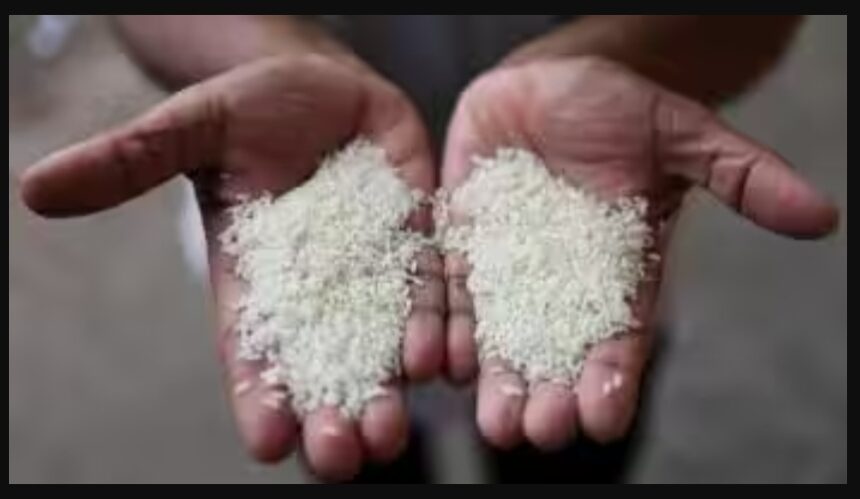However, trade sources are skeptical about the effectiveness of government-subsidized sales.
Sources said the government is likely to meet its plan to sell rice at subsidized prices in retail markets due to excess rice inventory within a week.
Currently, the scope of the Bharat Rice initiative, including pricing and retail pack sizes, is being discussed. The scheme aims to rein in retail prices of mass-market rice varieties, which have remained high despite restrictions on certain exports and open market sales by the Food Corporation of India.
However, trade sources are skeptical about the effectiveness of government-subsidized sales. Currently, the government sells chana dal and atta (wheat flour) at a subsidized rate of Rs 60/kg and Rs 27.50/kg through agricultural cooperative Nafed and NCCF stores as well as Kendriya Bhandars under the initiative Bharat Dal and Bharat Atta.
The food ministry said domestic rice prices are high despite record output, adequate reserves with the FCI and various restrictions and taxes imposed on grain exports.
The sale of surplus rice in the open market to bulk buyers by the Food Corporation of India (FCI) at a subsidized rate of Rs 2,900 per quintal has been well received, the price being below the economic cost of rice. cup in 2022 -2023, or Rs 3,537/quintal. As of July 2023, FCI has been able to sell only 0.15 million tonnes of rice through weekly e-auctions so far, against the allocation of 5 tonnes for the current year.
Retail rice prices increased by 12.33% in December and rice prices have been at a high level since October 2022. This is despite the government’s efforts to sell surplus rice from FCI stocks in the open market.
“Let me look into the issue of rice price hike and I will take appropriate steps to resolve the issue,” Food Minister Piyush Goyal said on Saturday.
The government banned white rice exports and imposed a 20% export tax on cooked rice last year to improve domestic supplies.
However, to meet the food security needs of developing countries, governments provide rice on demand. Goyal said India recently supplied rice to countries like Indonesia, Senegal and Gambia. Meanwhile, Goyal said on Sunday that FCI’s open sale program has proven to be an effective tool in regulating prices of essential commodities like wheat and rice.
“Bharat Atta, Bharat Dal and onion and tomato interventions have helped the Indian government stabilize prices,” Goyal said at the FCI’s 60th foundation ceremony.
He called on FCI to embrace technology and digitalization to improve operational efficiency. “We should embrace technology and digitalization to improve our operational efficiency and how much we spend, and how we can control and reduce costs,” Goyal said.
He believes that FCI’s operating costs can be reduced through route optimization, mechanized loading and unloading and application of modern storage systems. Goyal proposed organizing a hackathon to seek ideas in these areas.
FCI processes more than 70 million tons of rice and wheat each year. Of the food expenditure of about Rs 2 trillion in the current financial year, Rs 1.37 trillion is channeled through FCI.
For more information, visit at https://happenrecently.com/zepto/?amp=1

